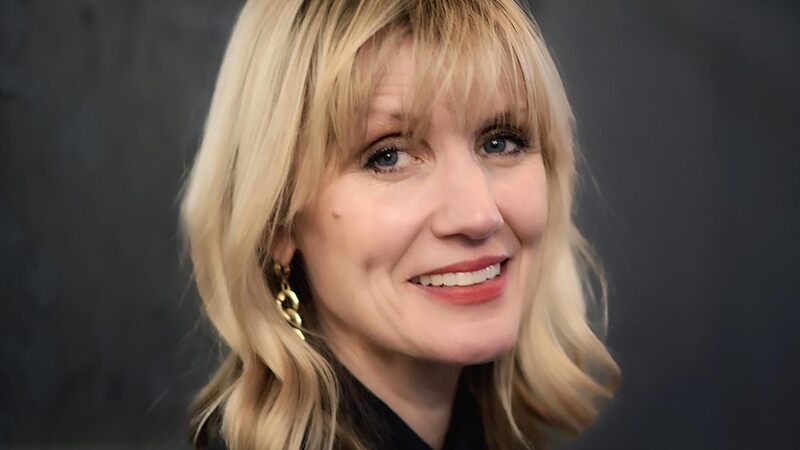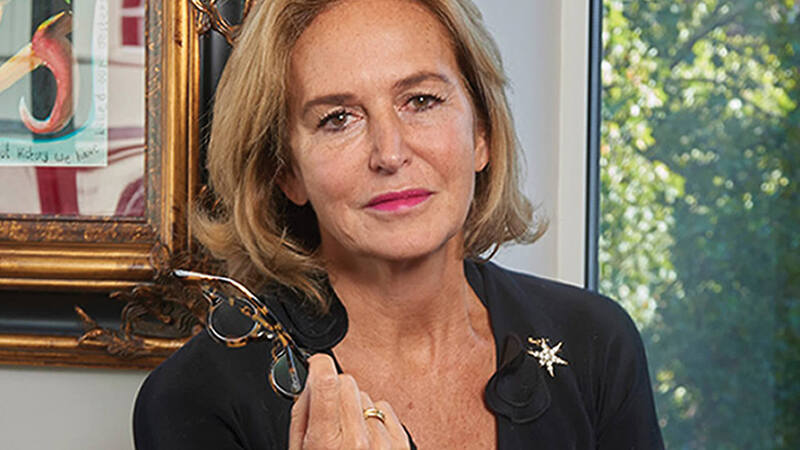You are viewing your 1 free article this month. Login to read more articles.
PFD rebrands e-book imprint
Literary agency Peters Fraser + Dunlop is to rebrand its e-book list Ipso Books as Agora Books, and will look to expand its digital output with commercial frontlist titles.
Ipso Books was launched in September 2015, drawing on PFD’s estates business, with titles from the likes of Eric Ambler and Margery Allingham. The rationale was that in cases where publishers did not want to publish deep backlist titles, or did not have the rights, the agency would make them available to readers via e-book and print on demand.
Agora will also now seek to publish new writing, leading its push with Missing Pieces, a début novel by Laura Pearson, on 21st June, part of a three-book deal the list has struck with the writer.
Kate Evans (right), publisher of the imprint, said the move was a logical extension of its ethos. "There are a range of titles that come into the agents, [some of] which we love but know that we will have difficulty placing." The aim, she said, was to find readers for these authors and grow the sales track record. "It’s just another way of supporting new authors. We want to nurture them, and grow them."
Evans said it was not the intention to hold them back from a traditional publishing route, but to get them to the point where they might move on.
The imprint publishes roughly a new title each week, and will now aim to supplement that number with a further six frontlist titles. Submissions are now open. There is no advance, but royalties are split and books are bought on a 10-year licence period. Evans said there was no agent fee, but new authors might go on to secure an agent within the business. "When they sign with us they become part of the PFD family; the book goes onto our rights list as any book does. But we sign the authors directly, so there is no agent involved," she said.
On the rebrand, Evans added: "It was an opportune moment. We wanted to launch a new arm of Ipso focused on new writing, but we decided to rename it Agora. The list is already broad: we have classic crime, regency romance, and we now do some frontlist. So we needed a name to reflect that." In Ancient Greek city-states, agoras were central public spaces: the term roughly translates as "gathering place" or "assembly".
On the e-book market, Evans said at Ipso growth was running at 100%, but accepted that the broader market for digital books had flattened. "The e-book has matured so much; the gold rush over. But it is another way to get books out there. You rarely see a book do well in ‘e’ that does not have a great cover, or hasn’t had good treatment—the sloppiness has been weeded out. A year in ‘e’ is seven in every other format. It’s more competitive, but that’s not a bad thing. It shows that everyone is taking it more seriously."
Authors may submit to Agora via submissions@agorabooks.co.




















